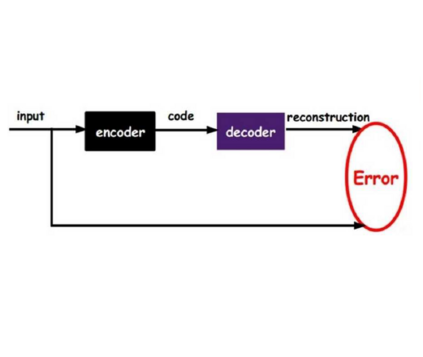Multimodal large language models (MLLMs) have shown impressive capabilities in vision-language tasks such as reasoning segmentation, where models generate segmentation masks based on textual queries. While prior work has primarily focused on perturbing image inputs, semantically equivalent textual paraphrases-crucial in real-world applications where users express the same intent in varied ways-remain underexplored. To address this gap, we introduce a novel adversarial paraphrasing task: generating grammatically correct paraphrases that preserve the original query meaning while degrading segmentation performance. To evaluate the quality of adversarial paraphrases, we develop a comprehensive automatic evaluation protocol validated with human studies. Furthermore, we introduce SPARTA-a black-box, sentence-level optimization method that operates in the low-dimensional semantic latent space of a text autoencoder, guided by reinforcement learning. SPARTA achieves significantly higher success rates, outperforming prior methods by up to 2x on both the ReasonSeg and LLMSeg-40k datasets. We use SPARTA and competitive baselines to assess the robustness of advanced reasoning segmentation models. We reveal that they remain vulnerable to adversarial paraphrasing-even under strict semantic and grammatical constraints. All code and data will be released publicly upon acceptance.
翻译:暂无翻译




